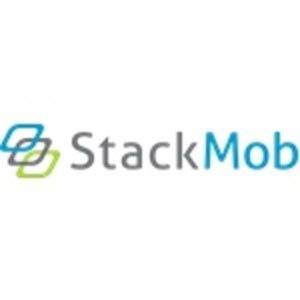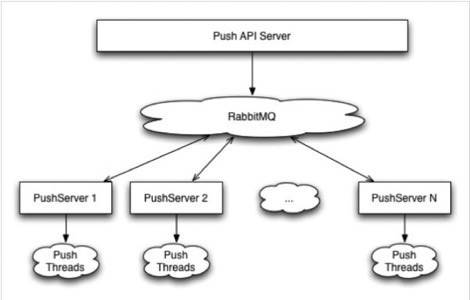Mobile backend service provider StackMob announced that it is unveilings its compelete platform for Android developers. StackMob, which is still in private beta but growing quickly, had only been targeted at iOS developers since its launch earlier this year. The StackMob Android SDK supports push notifications on all devices using Frozen Yogurt 2.2 and above.

The StackMob Android SDK will be available immediately though the first 300 that sign up will be given priority. StackMob released the news this morning. StackMob is one of the leading startups in the “backend as a service” ecosystem that is lowering the bar for developers to create dynamic apps with all the functionality a sophisticated infrastructure can provide.
StackMob provides value by providing its SDK that can any device that can access a REST API can utilize. Now that StackMob is available on both Android (C2DM) and iOS (APNS), developers can seamlessly send push notifications across platforms without having to worry what platform users are on. StackMob also has new URLs for the universal push notifications along with the iOS specific URLS. Check out the StackMob blog post here explaining some of the details of the new release.
It is the appropriate time for StackMob to officially get into Android. Some developers in StackMob’s private beta had been using the service for Android but they had not made the SDK publicly available. It can be found here on Github. The Android application ecosystem is also on the verge of evolving as developers start to create apps that are as elegant as iOS but with the power and geekiness of Android. As developers search for ways to push the bounds of their apps and find news ways to monetize, services like StackMob that provide easy integration to more complicated processes will become more important.

Some individuals in the developer ecosystem wonder about the need for backend services like Parse, Kinvey or StackMob or even Urban Airship, which dabbles in the space as well. The thing that many application startups is that they do not often have the expertise or the pool of resources to hire a team specifically focused on the backend of the app. Talent is used to create the user experience first. If an app developer significantly grows, it will eventually price itself out of the business models of StackMob etc. because it will be easier to hire in house. Yet, for the backend service providers, that is a good problem to have. They helped an app grow from tiny to gargantuan, benefitting along with the app and the ecosystem the whole way through.
Android fragmentation also makes it necessary for StackMob to move head first in to the space. Fragmentation is the bane of the Android developer because it takes resources to test and develop backwards. This will be fixed once Ice Cream Sandwich is ubiquitous, but that point is not coming quite yet as Froyo and Gingerbread dominate the ecosystem. It will take more than a year for ICS to be the majority Android flavor.
“We’ve listened to our growing Android developer community to ensure we continue to address their unique needs for simplicity, flexibility and most importantly scalability for data driven application development,” said Ty Amell, CEO of StackMob in a press release.

















